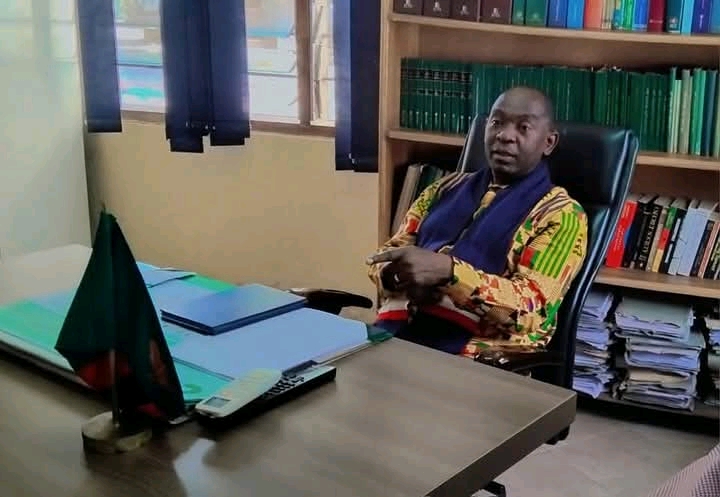New Cyberlaws Threaten Freedom – KBF
Zambia’s newly passed cyberlaws have come under heavy fire, with veteran lawyer and Zambia Must Prosper (ZMP) President Kelvin
Fube Bwalya (KBF) accusing the government of paving the way for surveillance, censorship, and suppression of dissent.
Bwalya issued a stark warning on Sunday, calling the Cyber Security Act, 2025 and Cyber Crime Act, 2025 dangerous weapons if left unchecked.
“These laws risk becoming blunt instruments of oppression,” Bwalya declared. “Protecting citizens must not come at the cost of strangling their voices.”
He slammed the legislation’s vague definitions of “misinformation” and “national security threats,” warning that without clear limits, authorities could easily twist the laws to silence critics and crush public debate.
“When power is unchecked and language is vague, abuse is inevitable,” Bwalya said. “We have seen it before. Zambia cannot afford another chapter of state overreach.”
The Cyber Crime Act criminalizes a wide range of online offenses, but Bwalya pointed to serious gaps around data collection and privacy protections. Without strong oversight, he warned, Zambians could find their personal information swept up and weaponized against them.
“Data collection must be necessary, proportionate, and under strict judicial control. Otherwise, we’re handing the state the keys to our private lives,” he said bluntly.
Turning to the Zambia Cyber Security Agency, created by the Cyber Security Act, Bwalya warned that the Agency could quickly become a political tool rather than an independent guardian of cybersecurity.
“An agency without true independence and real checks is nothing more than a puppet. We must not allow it,” he said.
Bwalya echoed growing fears raised by the Law Association of Zambia (LAZ) and civil society groups, who argue the new laws dangerously consolidate power in the presidency’s hands, risking a return to authoritarian control.
“If surveillance can be authorized without tight judicial oversight, then democracy itself is under siege,” Bwalya charged.
He accused the UPND government of rushing critical laws without genuine public consultation and warned that without immediate reforms, the cyberlaws would destroy trust between citizens and the state.
“These laws are not just about cybersecurity; they are about who controls information, who silences who, and who decides what truth looks like,” Bwalya said. “Zambia must choose transparency over tyranny.”
Bwalya urged citizens, legal bodies, and activists to keep fighting for amendments to safeguard civil liberties.
“We must resist any temptation to normalize oppression, even if it wears the mask of ‘security,’” he added.
The government has yet to issue a formal response to the backlash. However, pressure is building. As Zambia steps deeper into the digital age, the battle over cyberspace may well define the country’s future for better or for worse.
April 28, 2025
©️ KUMWESU
New Cyberlaws Threaten Freedom – KBF
